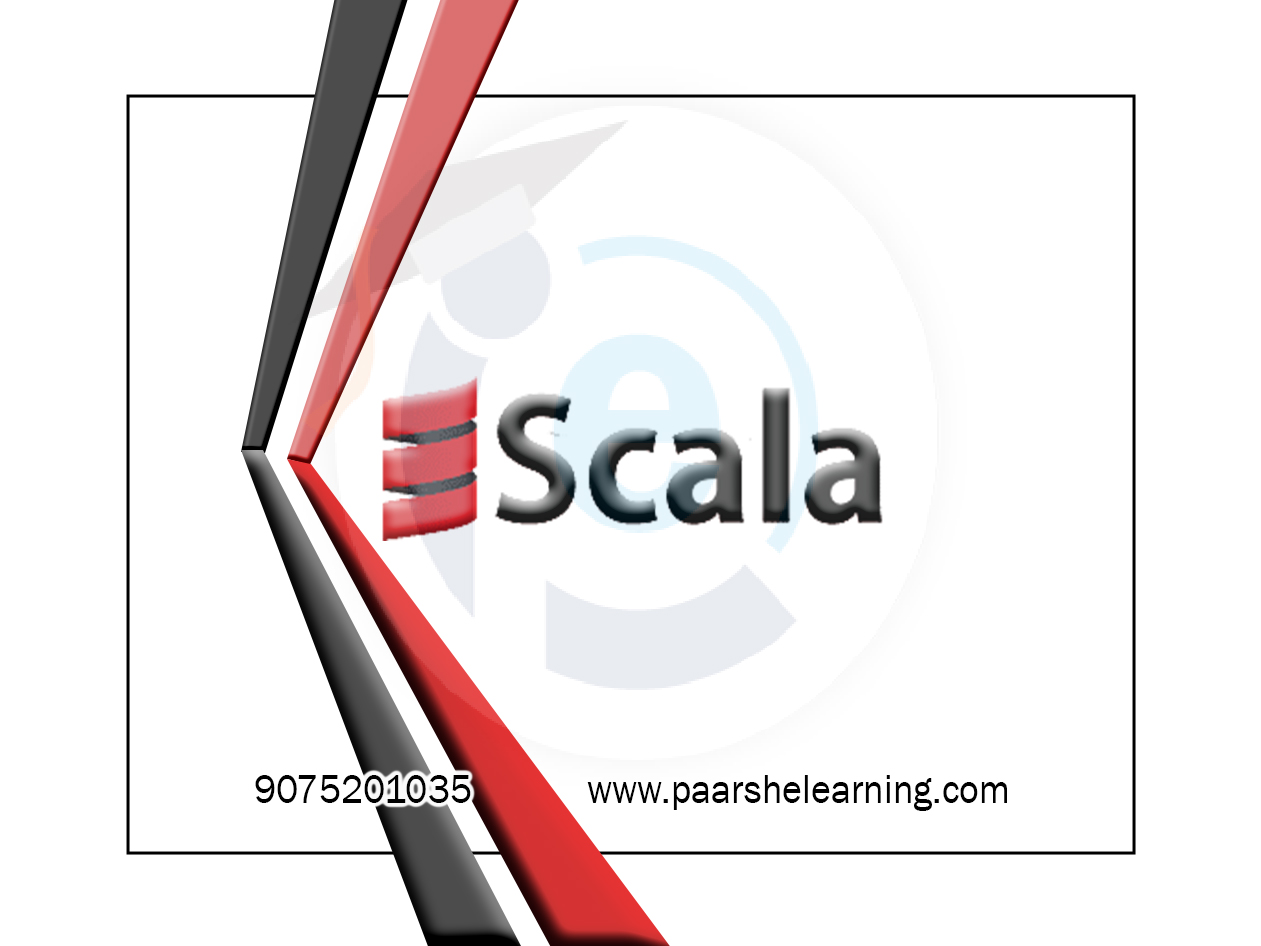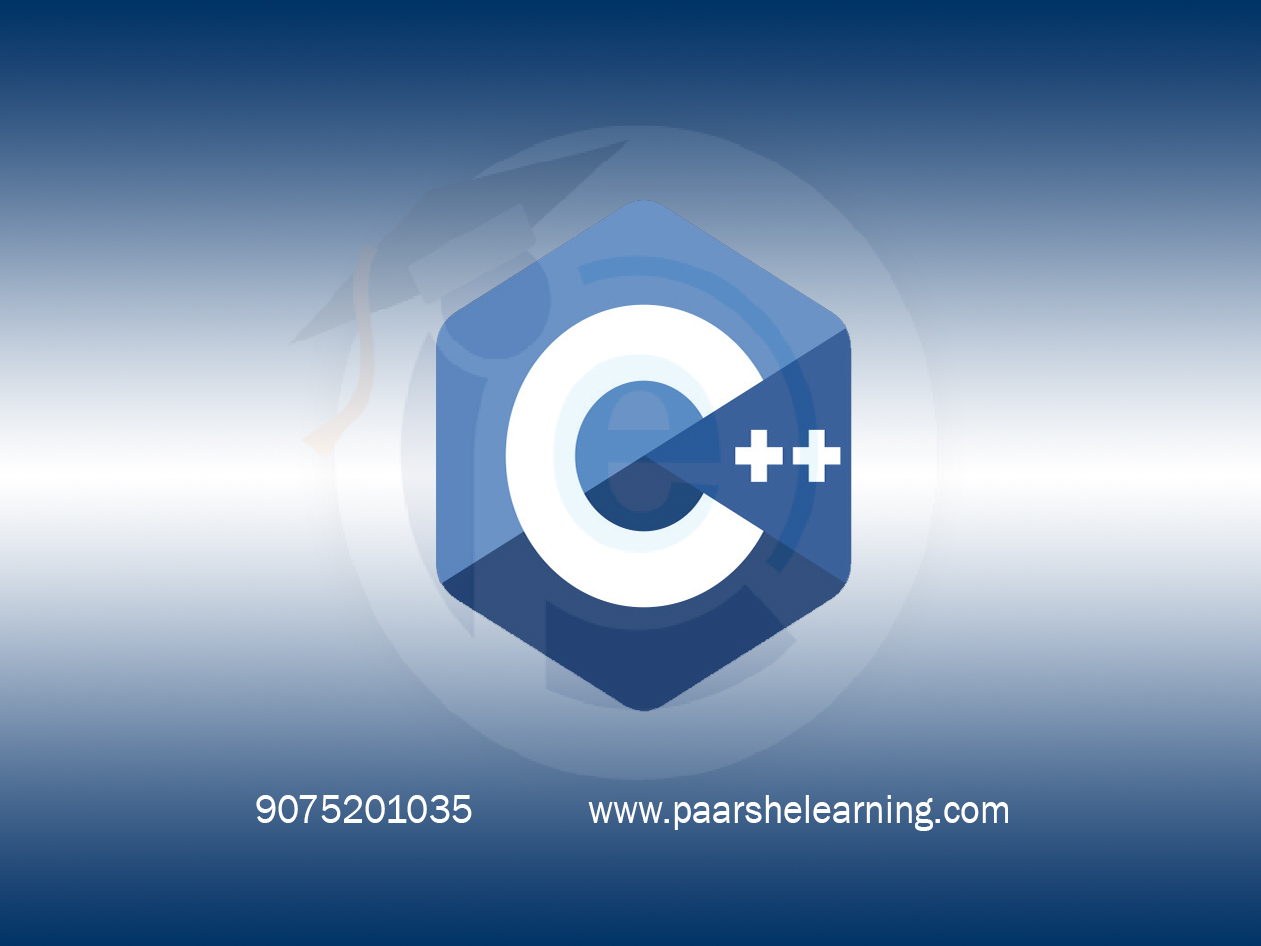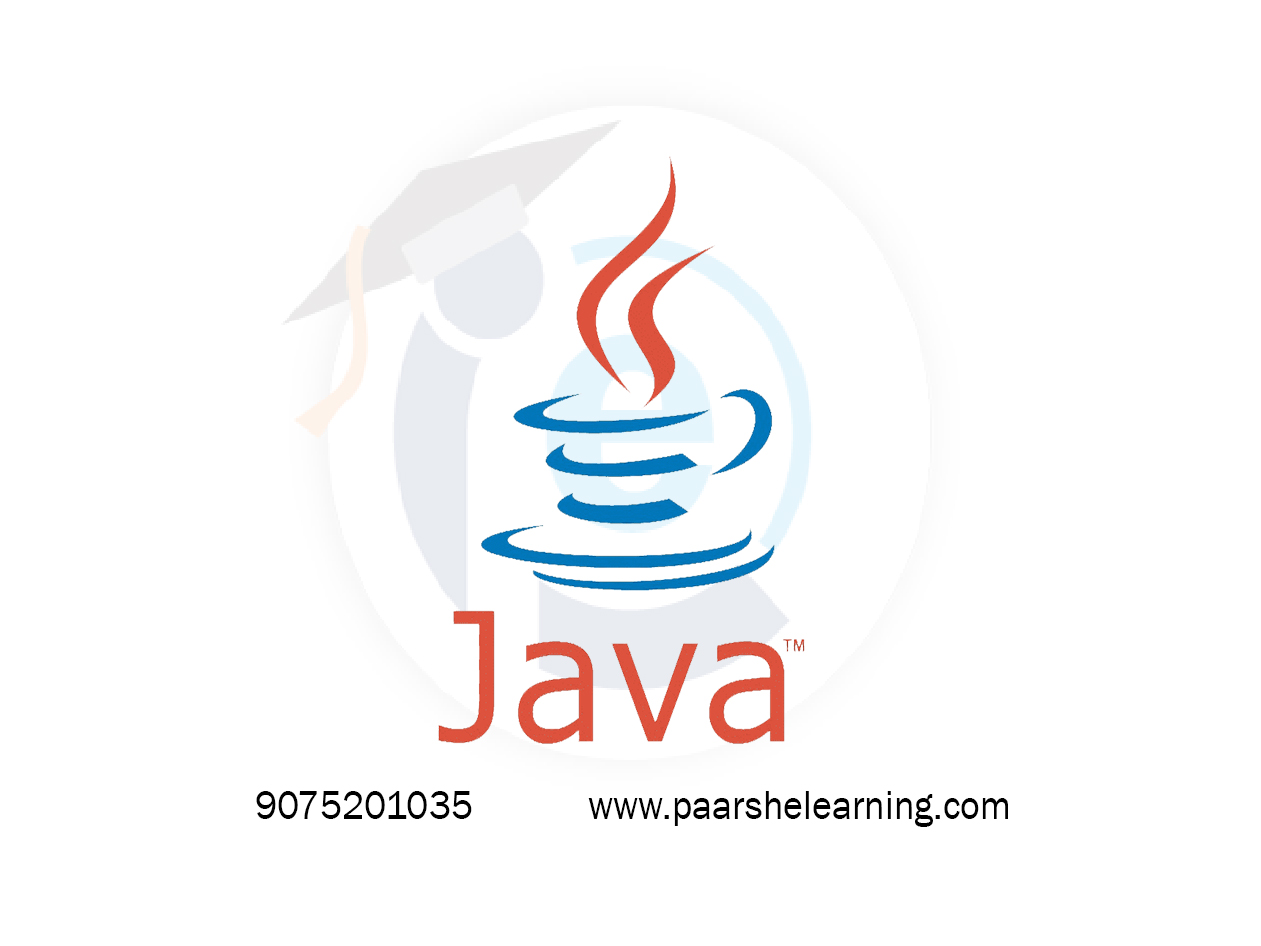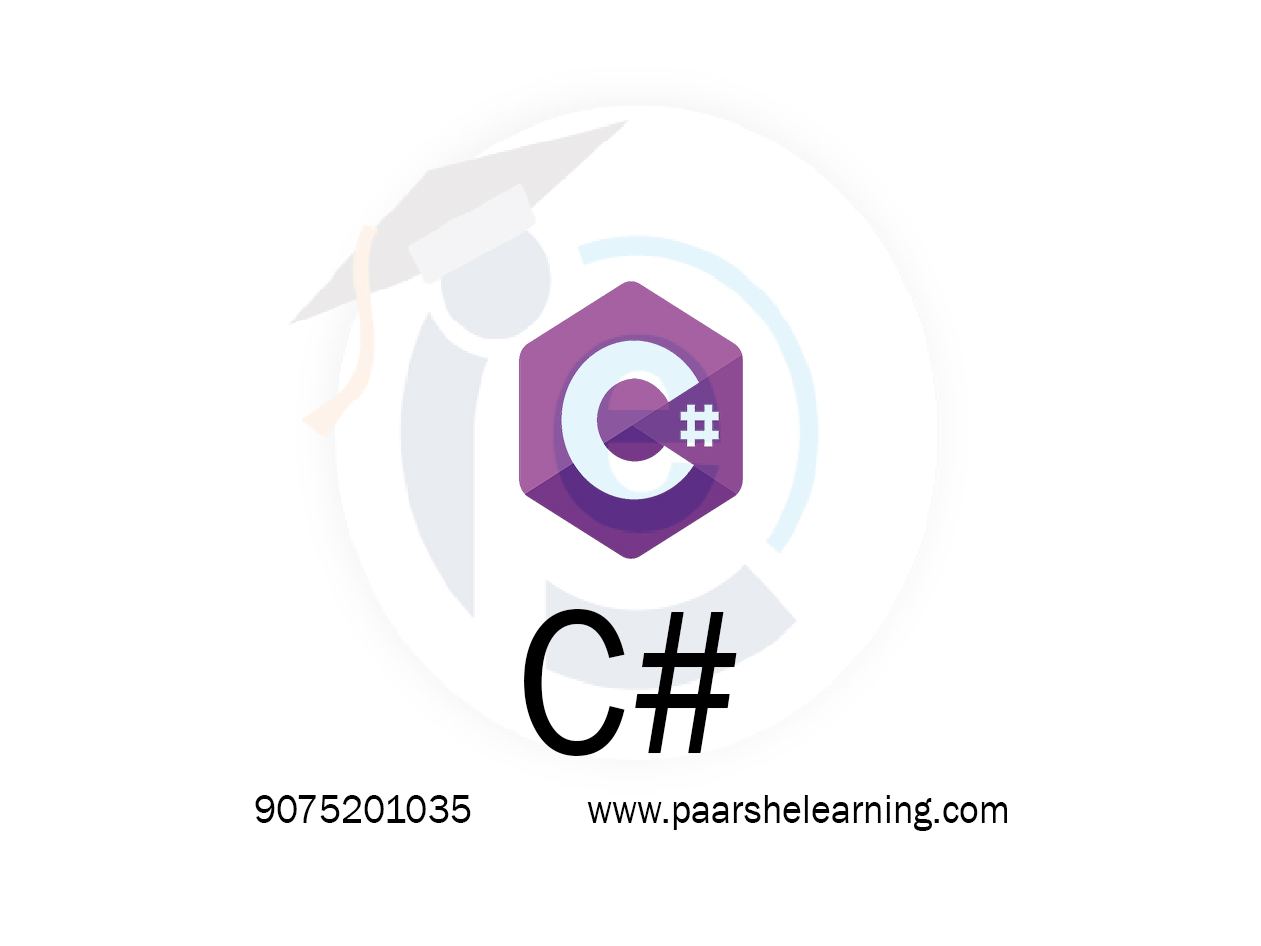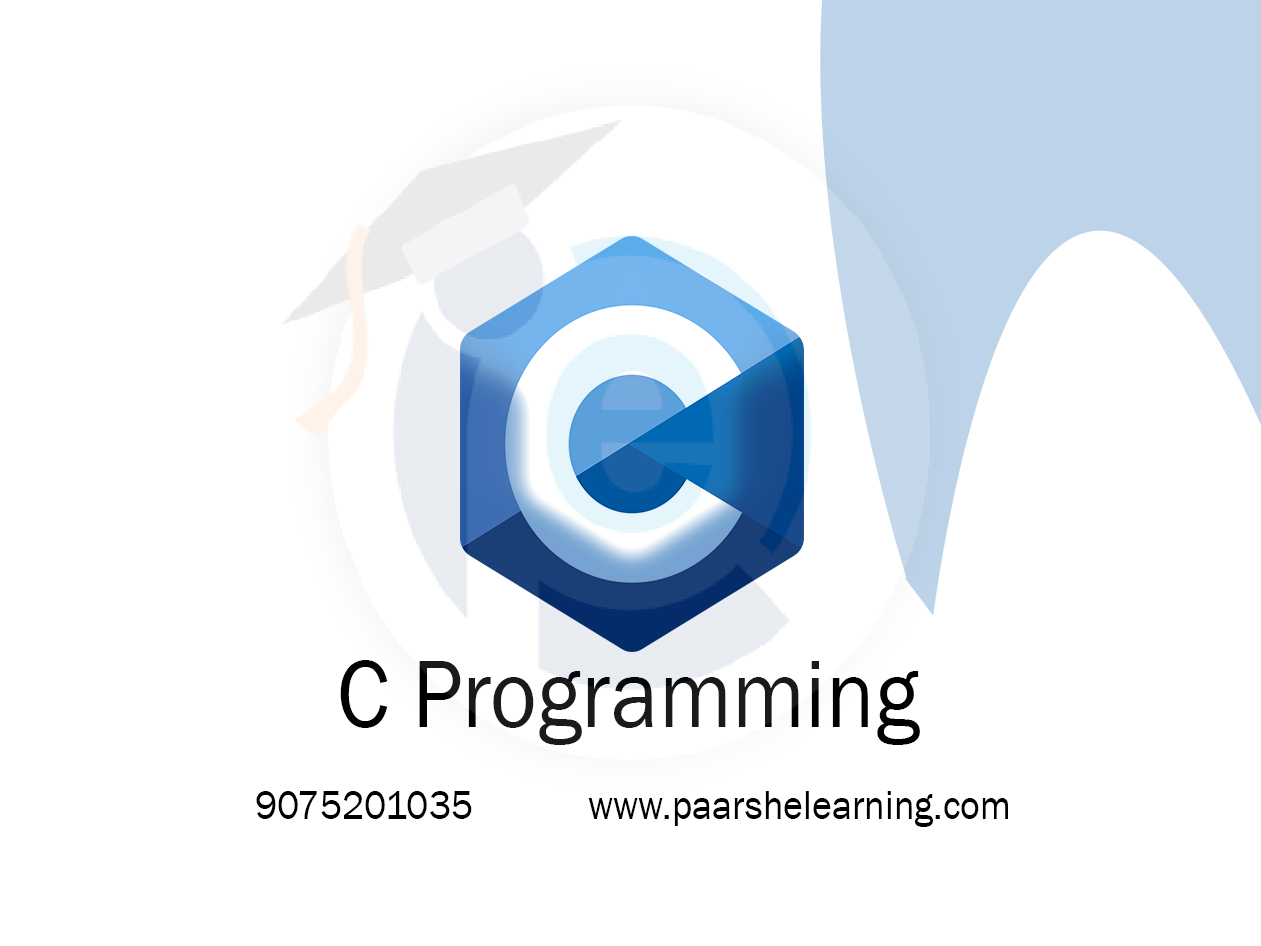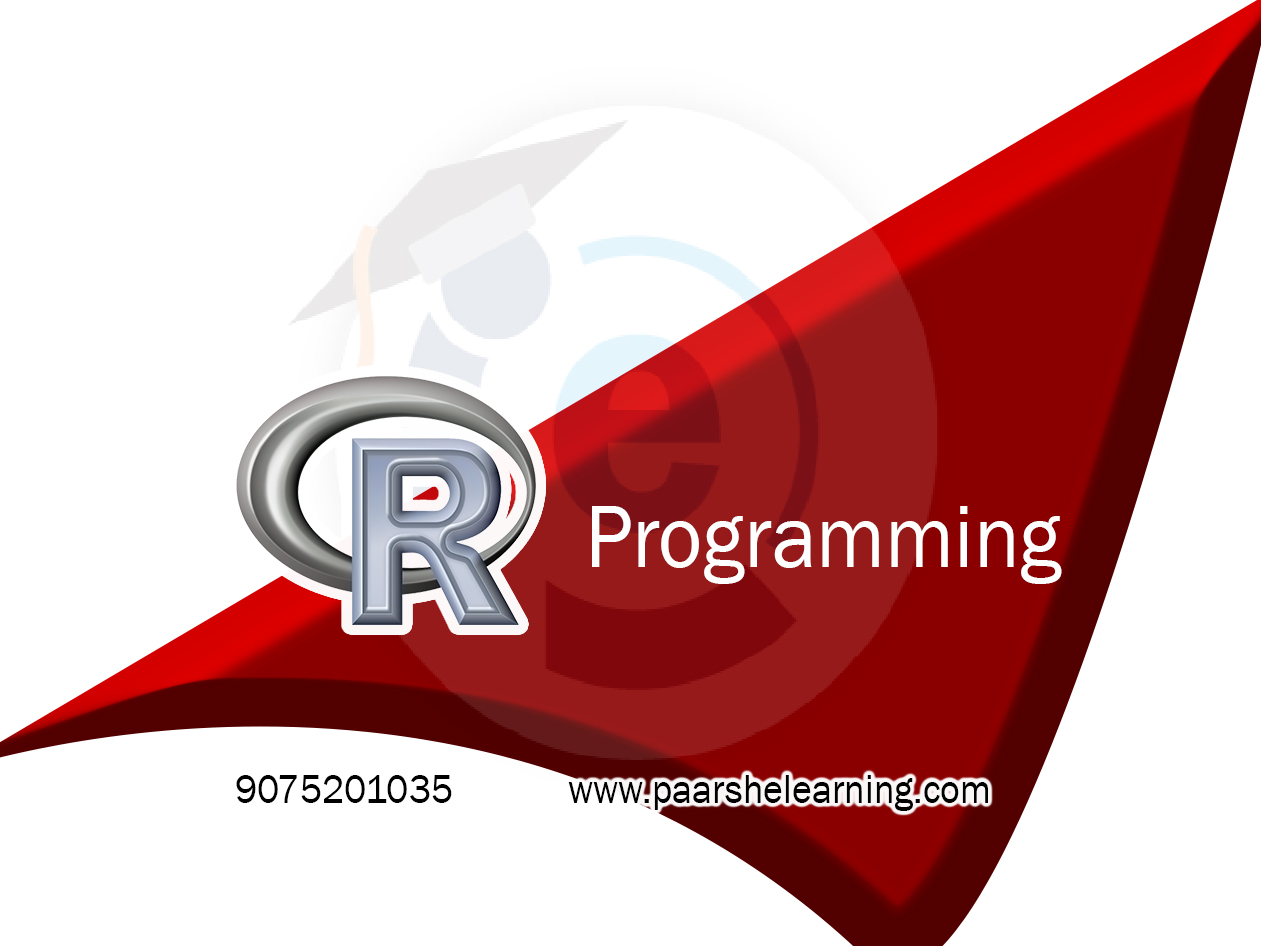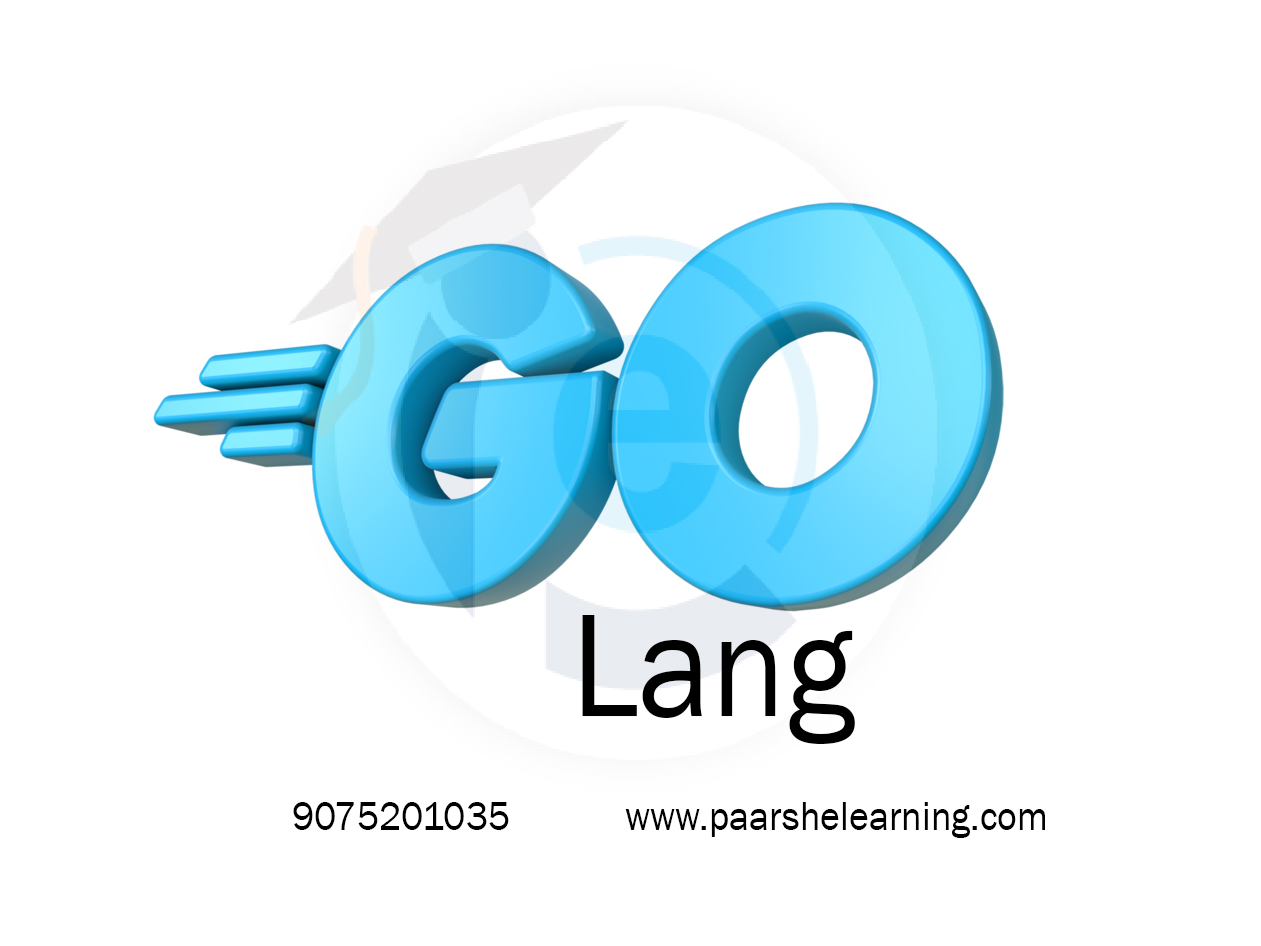- Introduction to Scala: You'll start by learning the basics of the Scala programming language, including its history, syntax, and features.
- Functional programming concepts: Scala is a functional programming language, so a Scala course will cover the basics of functional programming concepts like immutability, higher-order functions, and functional data structures.
- Object-oriented programming concepts: Scala is also an object-oriented language, so a Scala course will cover the basics of object-oriented programming concepts like classes, objects, and inheritance.
- Scala syntax and features: You'll learn the syntax and features of Scala, including variables and data types, control structures, functions, and classes.
- Scala collections: Scala has a powerful collection library that is used extensively in functional programming, and you'll learn how to use these collections effectively.
- Concurrency and parallelism: Scala has strong support for concurrency and parallelism, and a Scala course will cover the basics of concurrent programming in Scala, including actors and futures.
- Building web applications: Scala can be used for building web applications, and you'll learn how to use popular web frameworks like Play and Akka HTTP.
- Big data processing: Scala is becoming increasingly popular in the world of big data and data science, so a Scala course may cover big data processing tools like Apache Spark and Hadoop
Scala
Course description
Scala is a general-purpose programming language that is designed to be both functional and object-oriented. It's often used for building large-scale, distributed systems and is becoming increasingly popular in the world of big data and data science. Here's an overview of what you can expect to learn in a Scala course:
-
Basics of functional programming: Scala is a functional programming language, so a Scala course will cover the basics of functional programming concepts like immutability, higher-order functions, and functional data structures.
-
Object-oriented programming: Scala is also an object-oriented language, so a Scala course will cover the basics of object-oriented programming concepts like classes, objects, and inheritance.
-
Scala syntax and features: You'll learn the syntax and features of Scala, including variables and data types, control structures, functions, and classes.
-
Scala collections: Scala has a powerful collection library that is used extensively in functional programming, and you'll learn how to use these collections effectively.
-
Concurrency and parallelism: Scala has strong support for concurrency and parallelism, and a Scala course will cover the basics of concurrent programming in Scala, including actors and futures.
-
Building web applications: Scala can be used for building web applications, and you'll learn how to use popular web frameworks like Play and Akka HTTP.
Overall, a Scala course is designed for software developers who want to learn a powerful, modern programming language that is both functional and object-oriented. Some prior programming experience is helpful, but not strictly necessary.
What you will learn from this course?
This course includes!
- Daily Live session
- Access on Mobile and TV
- Certificate of completion
- Recommendation Letter
- Free lifetime access
- Resume building sessions
- 100% Job Placement
This course is for
- Beginners: If you are new to programming or have limited experience, a beginner-level Scala course could cover the basics of Scala syntax, data types, control structures, functions, and object-oriented programming concepts.
- Intermediate level: If you have some programming experience and familiarity with Scala syntax, an intermediate-level Scala course could dive deeper into advanced topics such as pattern matching, collections, error handling, concurrency, and functional programming techniques.
- Advanced level: For experienced programmers or those already familiar with Scala, an advanced-level course could cover more advanced topics such as Scala's type system, advanced functional programming techniques, using Scala in distributed systems or big data processing, and performance optimization.
- Specific applications: Scala is also commonly used in specific domains such as data engineering, big data processing with Apache Spark, web development with popular frameworks like Play or Akka, and more. In such cases, there may be specialized courses that focus on using Scala in those particular application areas.
Prerequisites for this course
- Basic programming knowledge: Before learning Scala, it's recommended to have some basic programming knowledge and familiarity with programming concepts such as variables, data types, control structures, and functions.
- Understanding of Object-Oriented Programming (OOP) principles: Scala is an object-oriented language, so it's important to have a good understanding of OOP principles such as inheritance, encapsulation, and polymorphism.
- Knowledge of functional programming concepts: Scala also supports functional programming paradigms, so it's helpful to have some understanding of concepts such as immutability, higher-order functions, and closures.
- Familiarity with Java: Since Scala runs on the Java Virtual Machine (JVM) and is designed to be compatible with Java, having some familiarity with Java syntax and concepts can be helpful.
- Familiarity with command-line tools: Some Scala courses may require the use of command-line tools such as the Scala REPL (Read-Eval-Print Loop) or the sbt (Scala Build Tool), so it's helpful to be comfortable with using command-line interfaces.
Scala Language Syllabus
-
Introduction To Scala
Understanding the features and benefits of Scala Setting up the Scala development environment Basics of Scala syntax and structure Writing and running your first Scala program
-
Variables, Data Types, And Operators
Introduction to data types: Int, Double, String, etc. Working with variables, values, and constants Using arithmetic, relational, and logical operators Type inference and declaration syntax in Scala
-
Control Flow And Decision Making
Implementing if, else if, and else expressions Using pattern matching for complex conditions Working with loops: for, while, and foreach Using guards and yield in for loops
-
Functions And Functional Programming
Defining and calling functions in Scala Understanding function parameters and return types Introduction to functional programming concepts Using higher-order functions and lambda expressions
-
Collections And Immutable Data Structures
Working with arrays, lists, sets, and maps Introduction to immutable data structures in Scala Performing operations on collections using map, filter, etc. Understanding Option and Either for handling absence and errors
-
Object-oriented Programming In Scala
Defining classes and objects in Scala Constructors and initialization Implementing traits and mixin composition Understanding covariance and contravariance
-
Pattern Matching And Case Classes
Advanced usage of pattern matching Creating and using case classes for modeling data Sealed traits and exhaustive pattern matching Custom extractors and pattern matching on custom objects
-
Concurrency And Advanced Topics
Introduction to concurrency and parallelism in Scala Using the Akka toolkit for concurrent and distributed applications Exploring advanced topics such as type classes and implicits Building a complete project using various aspects of Scala
-
Paarsh E-Learning encourags hands-on practice, assignments, and projects throughout the course to reinforce students' understanding of Scala programming concepts. Assign projects that gradually increase in complexity to challenge their skills. Cover both theoretical concepts and practical coding exercises to provide a well-rounded learning experience.
